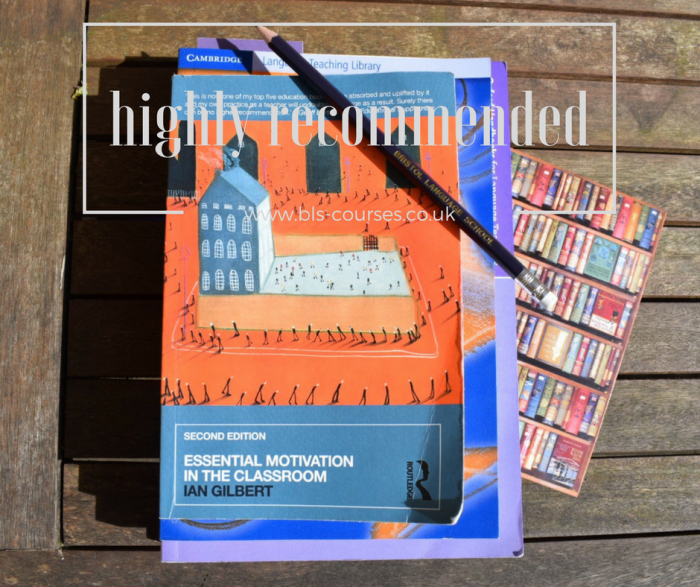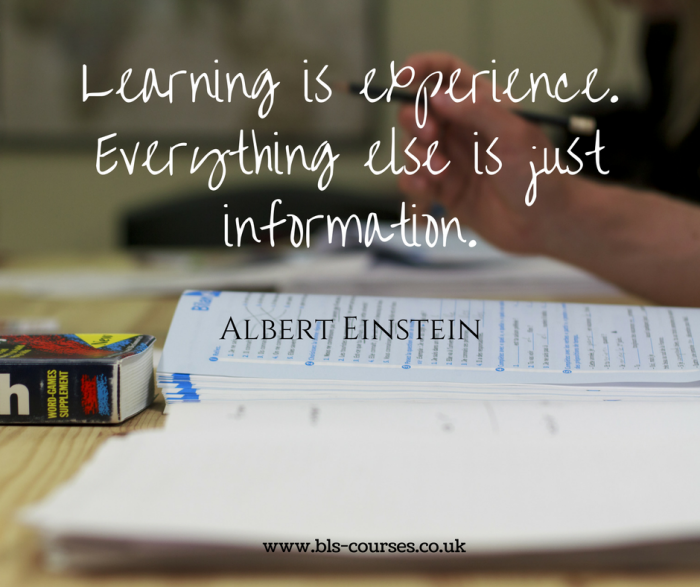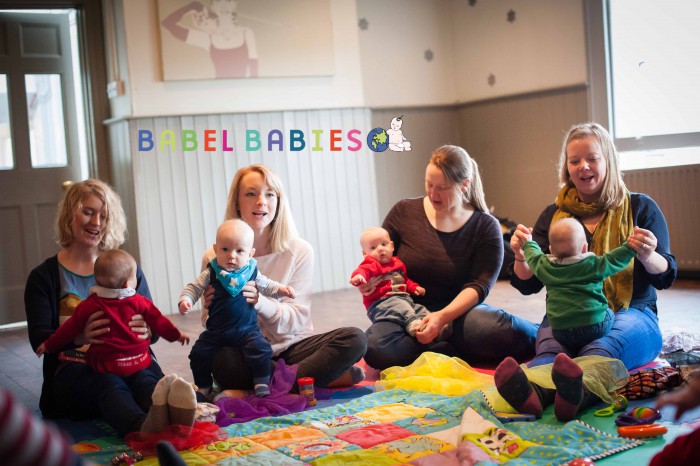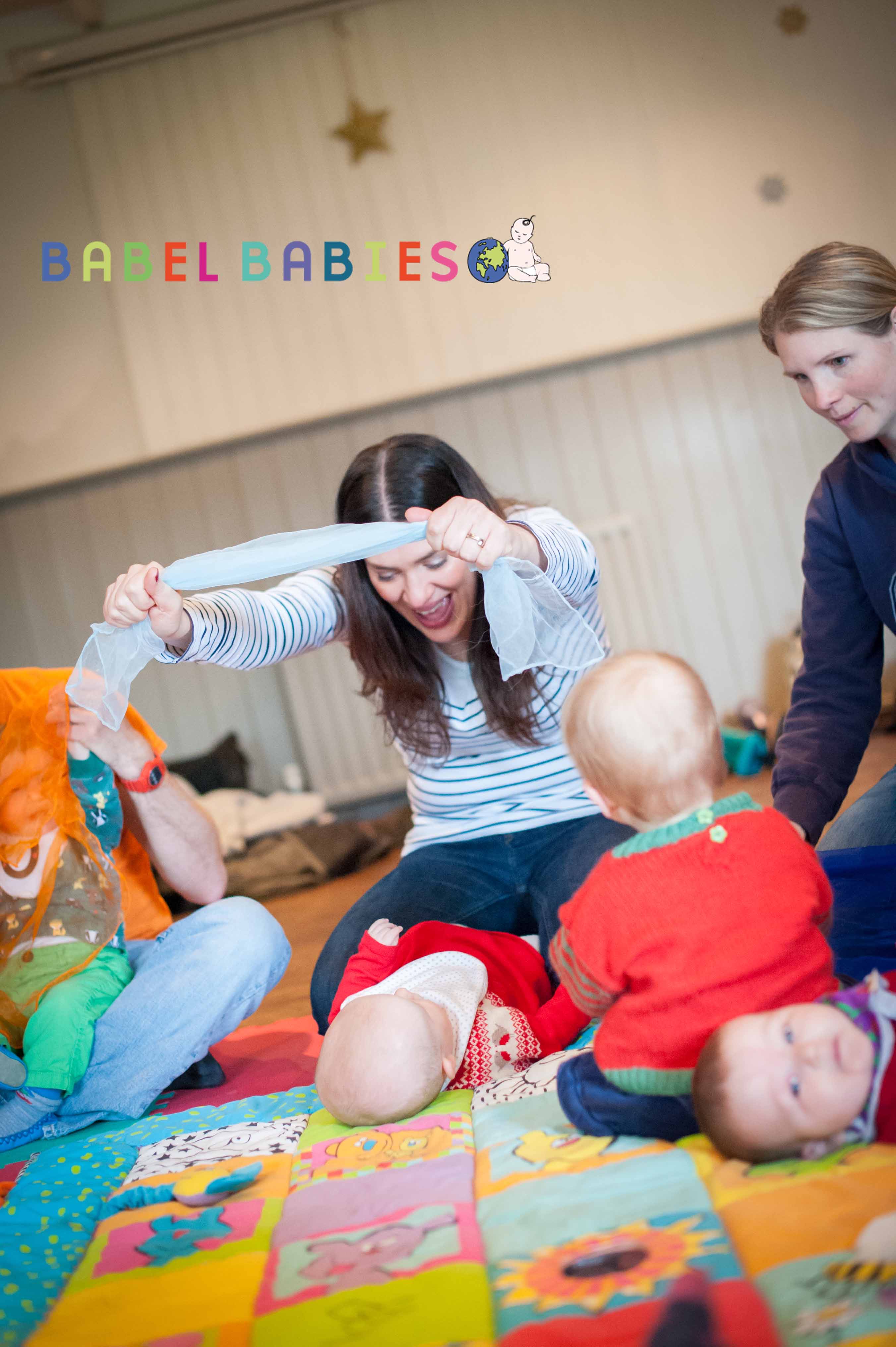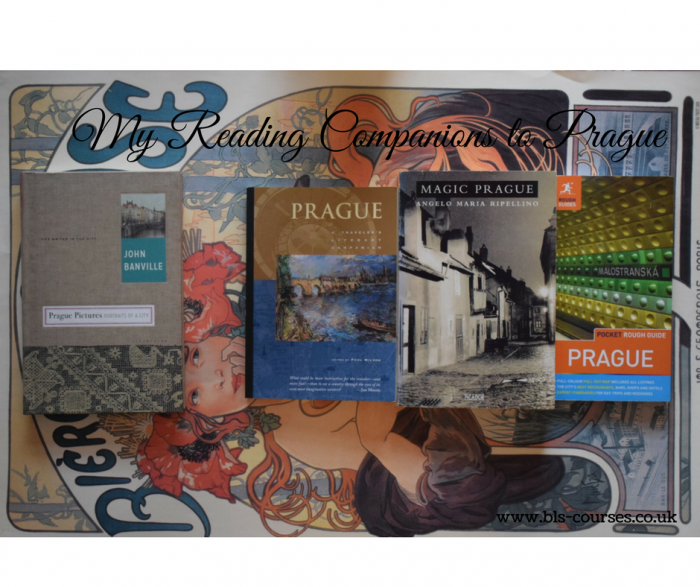Multilingualism is the use of two or more languages, either by an individual or by a community. There are more people who speak more than one language (multilingual speakers) than there are people who only speak one language (monolingual speakers) in the world. More than half of all Europeans speak at least two languages. Speaking two languages is called bilingualism. Globalisation is making multilingualism more important in today’s world. Bilingualism and multilingualism are important topics for research and teaching. Raising bilingual or multilingual children is also an important experience for parents in a bilingual couple. They may need guidance on how best to go about raising bi- or multilingual children.
A lot of information, for researchers, teachers and parents, is available on the internet. This blog post gives a list of websites on bilingualism and multilingualism for parents, teachers and researchers and gives an idea of what can be found on each website. A lot of resources can also be found on the Blogging on Bilingualism website, which has a list of blogs on the topic and summarises and evaluates each one.
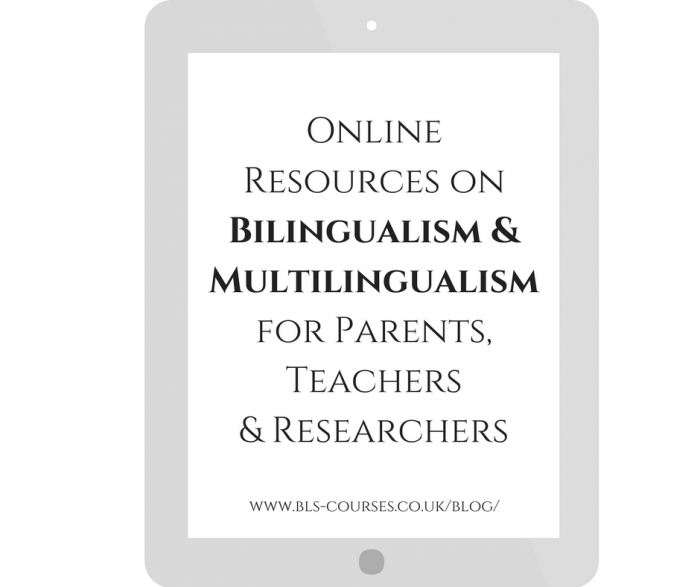
Resources for Parents
Multilingual Parenting
Multilingual Parenting has a blog with tips on how to raise bilingual children, such as “12 things parents raising bilingual children need to know”. Here are more blogs on the same.
Bilingual Parenting
Bilingual Parenting is a blog that documents a couple’s progress in raising a bilingual child and includes tips, materials and a bookshop.
Bilingualism Matters
Bilingualism Matters is a Centre at the University of Edinburgh, which studies bilingualism and language learning. Their vision is a society where everyone is aware of and has access to the benefits of multiple languages. The Centre’s website has news, events and a blog. It also has a list of resources for Bilingual Families and FAQs.
The Bilingual Advantage
The Bilingual Advantage is a site run by a bilingual researcher, teacher and parent. It includes resources on bilingualism and blog articles by two bilingual parents. It has a list of Tips for Bilingual Parents. The website is available in English and French.
Words for Life
The Words for Life website, which is designed to support parents to help their children develop their language skills, has a list of frequently asked questions about raising bilingual children.
Omniglot
The online encyclopaedia of writing systems and languages, Omniglot, has several pages dedicated to the issue of raising bilingual children: “Raising Bilingual Children: The First Five Steps to Success”; “Raising Bilingual Children: Fact or Fiction?”; “Raising Bilingual Children: The Snags”; “Raising Bilingual Children: The Different Methods to Success”. They are written by the founder of the Multilingual Children’s Association.
Multilingual Children’s Association
The Multilingual Children’s Association (USA) has a web guide to raising multilingual children. The site is dedicated to kids growing up with multiple languages. It features expert advice and real world wisdom, parent discussions, tips, resource directory, articles and more. It hosts a community where parents can ask questions and share thoughts, tips and support.
Bilingual Monkeys
Bilingual Monkeys is a site dedicated to giving ideas and inspiration for raising bilingual kids (without going bananas!). Its creator has written several books on the subject. The site includes a list of tips for raising bilingual children.
InCulture Parent
InCulture Parent is a collection of personal experience blogs by parents who are committed to ‘raising global citizens’. The site includes tips on bilingual parenting.
Bilingual Potential
Bilingual Potential is a consultancy that offers advice to parents on raising bilingual children.
Bilingual Kids Rock
Bilingual Kids Rock celebrates raising bilingual children and includes advice and tips.
General Advice
There is also a lot of general advice out there, such as this article on Quartz, this from the American Speech-Language-Hearing Association, this from the Linguistic Society of America, this from Parenting.com and this in the Huffington Post.
Resources for Teachers
Bilingualism Matters
Bilingualism Matters has a list of resources on English as an Additional Language and ESOL, Modern language teaching: resources and policy and Minority and regional languages in Europe.
Official Languages and Bilingualism Institute
The Official Languages and Bilingualism Institute of Canada strengthens and promotes education and research in the fields of teaching, evaluation and language policy design. It also brings together the University of Ottawa’s experts in official languages and bilingualism in four areas: teaching; research; testing and evaluation and development and promotion. Its website has a host of resources and information on assessment and development in language learning.
Resources for Researchers
Multilingual Matters
Multilingual Matters is an international, independent publishing house based in Bristol. It produces publications on bilingualism, second/foreign language learning and sociolinguistics. BLS previously interviewed Multilingual Matters on our blog. Read the interview here.
Creative Multilingualism
Creative Multilingualism is a research programme investigating the connection between linguistic diversity and creativity. It stems from the idea that there is more to languages than the practical. They are also our key medium for self-expression and are at the heart of our identities. Its website includes resources and events.
Centre for Literacy and Multilingualism (CeLM)
The CeLM aims to generate new insights into the working of the multilingual mind as well as new perspectives on how literacy skills work in monolinguals, bilinguals and multilinguals. It carries out state-of-the-art empirical research in Education, Linguistics, Modern Languages, Neuroscience and Psychology. Its website has resources such as Literacy in Monolingual families and Learning modern foreign languages in the UK. There is also a list of conferences and events. CeLM @ University of Reading is the host of a new branch of Bilingualism Matters. Bilingualism Matters provides advice and information on child bilingualism to anyone interested or involved with raising, educating and caring for bilingual and multilingual children. It also bridges the gap between researchers and society by presenting recent findings on the advantages of bilingualism on the cognitive and social abilities of the child.
Centre for Research on Bilingualism
Bilingualism and second language acquisition is one of the leading research areas at Stockholm University. Research at the Centre for Research on Bilingualism covers a number offers a wide variety of introductory and advanced courses as well as a full PhD program.
Bilingualism Centre
Located in the bilingual area of North Wales, the Bilingualism Centre at Bangor University focuses on Welsh-English bilinguals as well as offering a springboard into other bilingual communities. The website has information on events, postgraduate study programmes, collaboration opportunities and resources.
Bilingualism: Language and Cognition
Bilingualism: Language and Cognition is an international peer-reviewed journal focusing on bilingualism from a linguistic, psycholinguistic, and neuroscientific perspective. The aims of the journal are to promote research on the bilingual and multilingual person and to encourage debate in the field.
We hope you find these resources useful, whichever category you use!
Written by Suzannah Young
